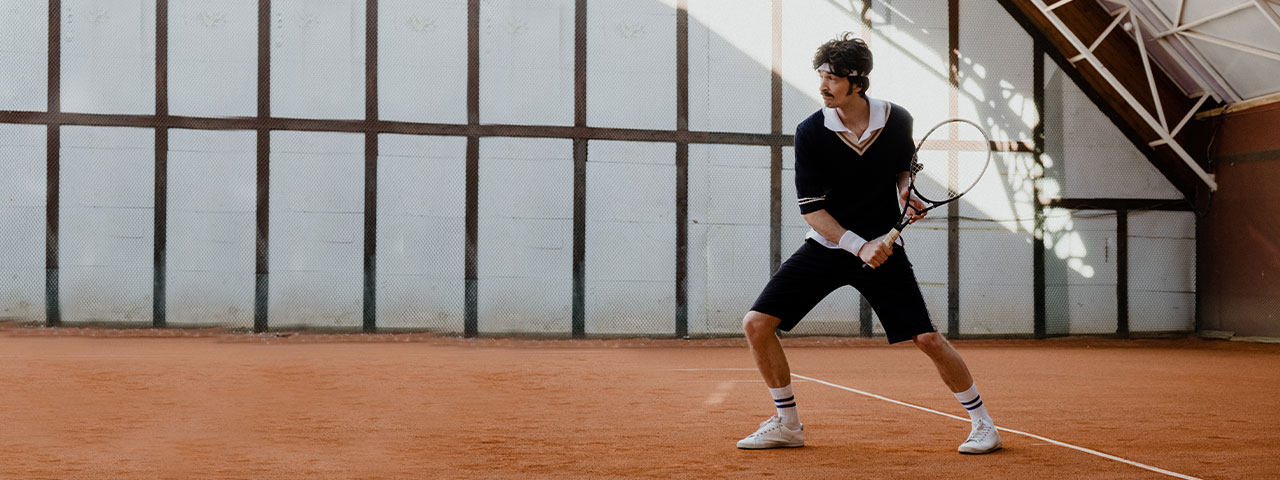
Improving Reaction Time in Sports
There are few skills in sports more important than the ability to react quickly to a stimulus.
Having a quick reaction time allows a sprinter to start running the moment a race begins, and a football player to avoid a tackle. It’s the same skill a race car driver needs when someone swerves into their lane at 200 mph.
The good news is that reaction time is a skill that can be improved.
What is reaction time?
The central nervous system (which includes the spinal cord and brain) and the peripheral nervous system (which includes the rest of the body) define and govern our reactions.
When the body detects stimuli to which it must respond, the eyes send a signal to the brain via neurons in the optic nerve, the only neural communication connecting the eyes and the brain. The central nervous system then processes these impulses and sends commands to the muscles of the body, which carry out the commands. This process occurs in a matter of seconds.
Reactions and reflexes
Is there a distinction between a reaction and a reflex? Yes. A reflex is an involuntary or automatic action that the body carries out in response to something.
Reflexes are designed to protect us from injury, whereas responses allow us to respond to a wide range of stimuli. Since reflex signals must be processed faster than a reaction, they travel directly down the spinal cord and bypass our brain. Our reactions, on the other hand, must first be processed by the brain.
Sports Vision Training
A quick reaction time is necessary for a variety of sports and activities. Fortunately, sports vision training can help any athlete improve their reaction time.
Sports vision training, a type of vision therapy, consists of individually prescribed and monitored eye exercises and activities aimed at enhancing specific visual abilities and processing in athletes of all ages. These customized exercises teach the brain and eyes to communicate more effectively, so the body can react faster.
Weekly in-office appointments and at-home exercises are usually part of this therapy. The program can last anywhere from a few weeks to a few months. Close monitoring and follow-up consultations are required throughout sports vision training to guarantee that the patient’s visual functions continue to improve.
Your sports vision eye doctor will work with you to enhance your visual skills and gain a competitive edge and confidence in your favorite sports.
Contact Laguna Beach Sports Vision Center to learn more about how sports vision therapy can not only improve your reaction time but your overall performance as well.
Laguna Beach Sports Vision Center serves patients from Laguna Beach, Huntington Beach, Laguna Niguel, and San Clemente, California and surrounding communities.
